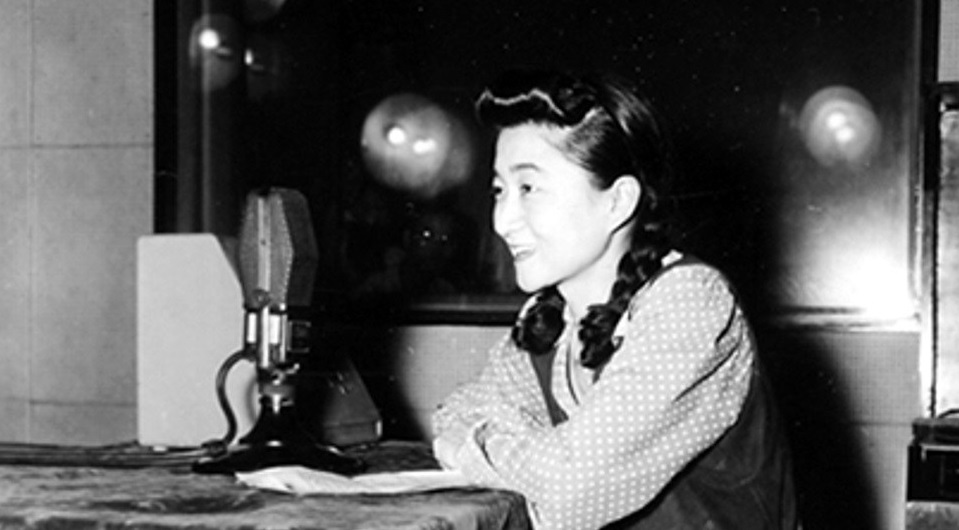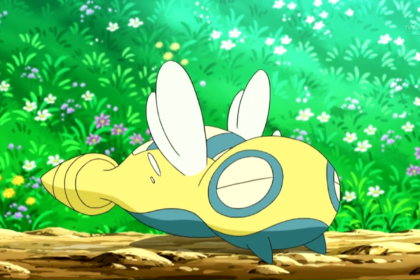Iva Ikuko Toguri D’Aquino was an American who participated in English-language radio broadcasts transmitted by Radio Tokyo to Allied soldiers in the South Pacific during World War II on “The Zero Hour” radio show. Take a look below for 27 more interesting and strange facts about Iva Toguri D’Aquino.
1. Toguri called herself “Orphan Ann,” but she quickly became identified with the name “Tokyo Rose,” a name that was coined by Allied soldiers and that predated her broadcasts.
2. After the Japanese defeat, Toguri was detained for a year by the United States military before being released for lack of evidence.
3. Department of Justice officials agreed that her broadcasts were “innocuous,” but when Toguri tried to return to the U.S. a popular uproar ensued, prompting the Federal Bureau of Investigation to renew its investigation of Toguri’s wartime activities.
4. She was subsequently charged by the United States Attorney’s Office with eight counts of treason.
5. Her 1949 trial resulted in a conviction on one count, making her the seventh American to be convicted on that charge, for which she spent more than six years out of a ten-year sentence in prison.
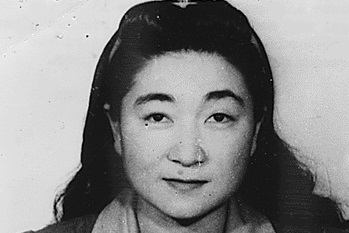
6. Journalistic and governmental investigators years later pieced together the history of irregularities with the indictment, trial and conviction, including confessions from key witnesses that they had perjured themselves at the various stages of their testimonies.
7. Toguri received a pardon in 1977 from U.S. President Gerald Ford.
8. Toguri was born in Los Angeles, a daughter of Japanese immigrants.
9. Her father, Jun Toguri, had come to the U.S. in 1899, and her mother, Fumi, in 1913.
10. She was a Girl Scout, and was raised as a Christian.
11. She began grammar schools in Mexico and San Diego before returning with her family to complete her education in Los Angeles, where she also attended high school.
12. Toguri graduated from the University of California, Los Angeles, in 1940 with a degree in zoology.
13. In 1940, she registered to vote as a Republican.
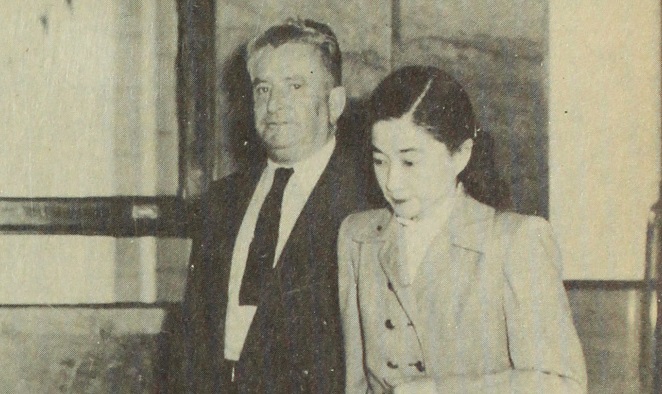
14. On July 5, 1941, Toguri sailed for Japan from the San Pedro, Los Angeles area, to visit an ailing relative.
15. The U.S. State Department issued her a Certificate of Identification; she didn’t have a passport.
16. In August, Toguri applied to the U.S. Vice Consul in Japan for a passport, stating that she wished to return to her home in the United States.
17. Her request was forwarded to the State Department, but following the attack on Pearl Harbor, the State Department refused to certify her citizenship in 1942.
18. Toguri was pressured to renounce her United States citizenship by the Japanese central government with the beginning of American involvement in the Pacific War, like a number of other Americans in Japanese territory.
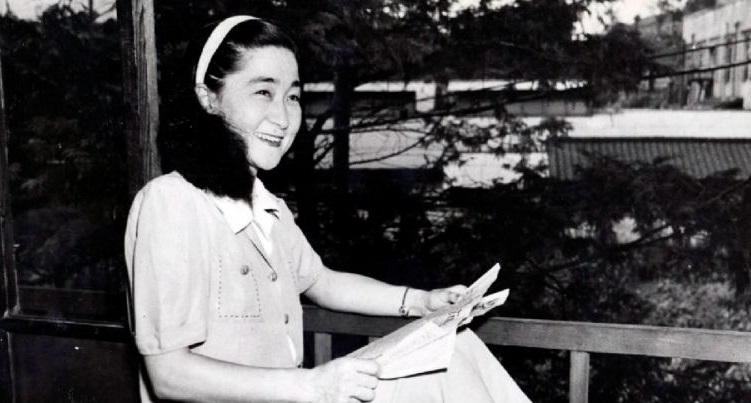
19. She refused to do so, and was subsequently declared an enemy alien and was refused a war ration card.
20. To support herself, she found work as a typist at a Japanese news agency and eventually worked in a similar capacity for Radio Tokyo.
21. After Japan’s surrender, reporters Harry T. Brundidge of Cosmopolitan Magazine and Clark Lee of Hearst’s International News Service offered $2,000 for an exclusive interview with “Tokyo Rose.”
22. Toguri was in need of money and was still trying to get home, so she stepped forward to accept the offer, but instead she found herself arrested on September 5, 1945 in Yokohama.
23. She was released after a year in prison when neither the FBI nor General Douglas MacArthur’s staff found any evidence that she had aided the Japanese Axis forces.
24. The American and Australian prisoners of war who wrote her scripts told her and the Allied headquarters that she had committed no wrongdoing.
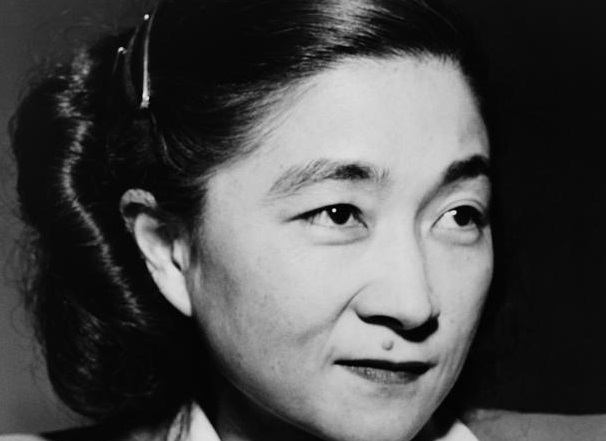
25. She requested to return to the United States to have her child born on American soil, but influential gossip columnist and radio host Walter Winchell lobbied against her.
26. Her baby was born in Japan but died shortly after.
27. Following her child’s death, Toguri was rearrested by the U.S. military authorities and transported to San Francisco on September 25, 1948, where she was charged by federal prosecutors with the crime of treason for, “adhering to, and giving aid and comfort to, the Imperial Government of Japan during World War II.”

